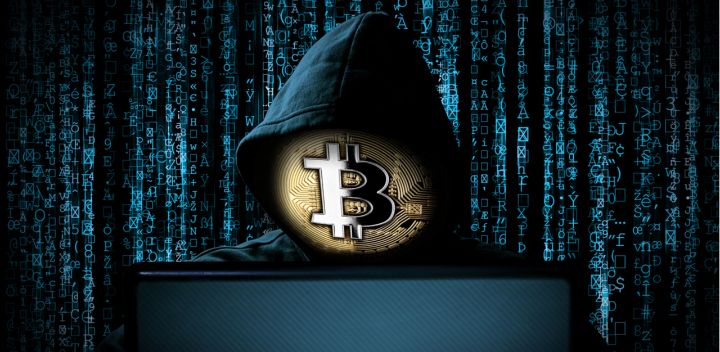Cryptocurrency Scam And How To Avoid Them

Business, government, and job impersonators
In a business, government, or job impersonator scam, the scammer pretends to be someone you trust to convince you to send them money by buying and sending cryptocurrency.
Scammers impersonate well-known companies. These come in waves, and scammers might say they’re from Amazon, Microsoft, FedEx, your bank, or many others. They’ll text, call, email, or send messages on social media — or maybe put a pop-up alert on your computer. They might say there’s fraud on your account, or your money is at risk — and to fix it, you need to buy crypto and send it to them. But that’s a scam. If you click the link in any message, answer the call, or call back the number on the pop-up, you’ll be connected to a scammer.
Scammers impersonate new or established businesses offering fraudulent crypto coins or tokens. They’ll say the company is entering the crypto world by issuing their own coin or token. They might create social media ads, news articles or a slick website to back it all up and trick people into buying. But these crypto coins and tokens are a scam that ends up stealing money from the people who buy them. Research online to find out whether a company has issued a coin or token. It will be widely reported in established media if it is true.
Scammers impersonate government agencies, law enforcement, or utility companies. They might say there’s a legal problem, that you owe money, or your accounts or benefits are frozen as part of an investigation. They tell you to solve the problem or protect your money by buying cryptocurrency. They might say to send it to a wallet address they give you — for “safe keeping.” Some scammers even stay on the phone with you as they direct you to a cryptocurrency ATM and give step-by-step instruction on how to insert money and convert it to cryptocurrency. They’ll direct you to send the crypto by scanning a QR code they give you, which directs the payment right into their digital wallet — and then it’s gone.
Scammers list fake jobs on job sites. They might even send unsolicited job offers related to crypto like jobs helping recruit investors, selling or mining cryptocurrency, or helping convert cash to crypto. But these so-called “jobs” only start if you pay a fee in cryptocurrency. Which is always a scam, every time. As your first task in your “job,” these scammers send you a check to deposit into your bank account. (That check will turn out to be fake.) They’ll tell you to withdraw some of that money, buy cryptocurrency for a made-up “client,” and send it to a crypto account they give you. But if you do, the money will be gone, and you’ll be on the hook to repay that money to your bank.
To avoid business, government, and job impersonators, know that
No legitimate business or government will ever email, text, or message you on social media to ask for money. And they will never demand that you buy or pay with cryptocurrency.
Never click on a link from an unexpected text, email, or social media message, even if it seems to come from a company you know.
Don’t pay anyone who contacts you unexpectedly, demanding payment with cryptocurrency.
Never pay a fee to get a job. If someone asks you to pay upfront for a job or says to buy cryptocurrency as part of your job, it’s a scam.
Blackmail scams
Scammers might send emails or U.S. mail to your home saying they have embarrassing or compromising photos, videos, or personal information about you. Then, they threaten to make it public unless you pay them in cryptocurrency. Don’t do it. This is blackmail and a criminal extortion attempt. Report it to the FBI immediately



